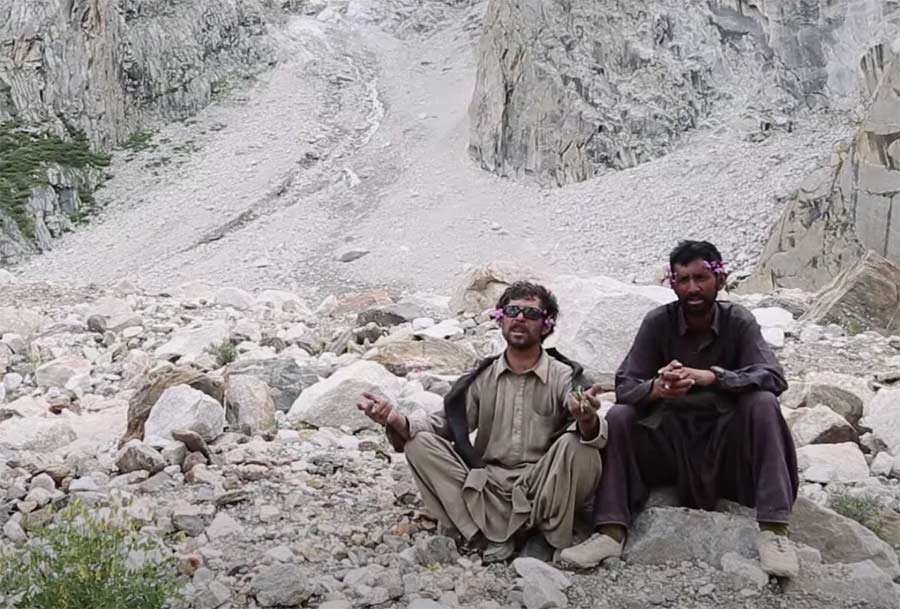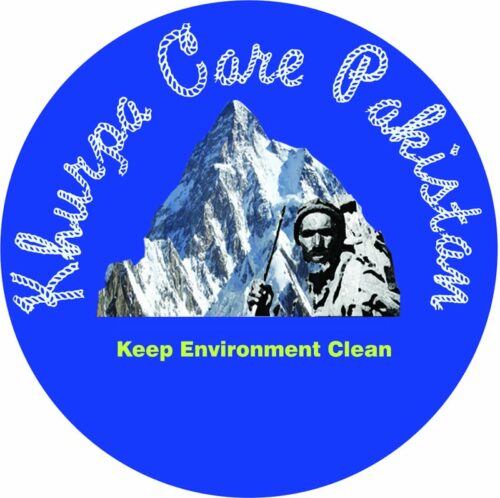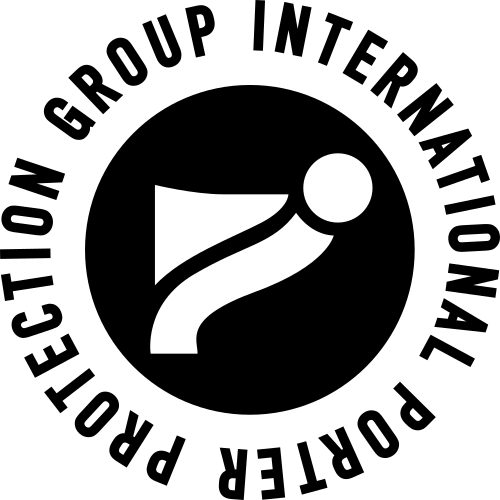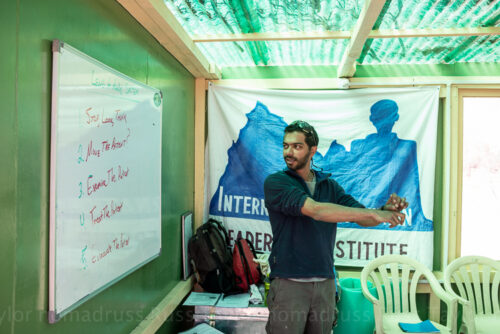Every year, dozens of adventurers and thrill-seekers summit K2, the second-highest peak in the world. Though Pakistan’s mountaineering industry can be a boon to local economies, it also presents various social challenges, including environmental concerns like waste disposal and conflicts between various stakeholders in the tourism industry.
Expeditions would be impossible without the skilled Balti porters who provide support and expertise throughout the dangerous climb. Despite their essential role in K2 mountaineering, however, Pakistani porters often receive pay far lower than their Western counterparts. Whether they carry critical supplies to base camp or take on high-altitude tasks, these porters do some of the most difficult work of mountaineering.
They regularly carry loads of 35kg on wooden frames over rock slopes and glaciers, walking for up to eight hours a day on a diet of little more than tea and chappati for the duration of the trek. While foreign climbers who employ them enjoy hi-tech outdoor gear and clothing, porters often wear cheap socks and plastic boots that disintegrate during the trek. Health risks among porters include corneal ulcers, chronic lacerations, hernia, high altitude pulmonary and cerebral edema, hypothermia, frostbite, and respiratory ailments—yet they often lack adequate workplace protections and access to sufficient medical care.
The groups below play a direct role in addressing the unique concerns of local porters and alpinists in Pakistan and elsewhere.
(Cover image and right image photo stills: Cultures of Resistance Films.)

Khurpa Care Pakistan is a Pakistani-run organization that works to secure the benefits of tourism equitably among the residents of Gilgit-Baltistan, the region of Pakistan that is home to K2. Central to this mission is promoting the welfare of mountain porters and their families, who often work for low pay and at great personal risk. Among the organization’s most crucial functions is working to resolve conflicts between stakeholders in the tourism industry. Khurpa Care Pakistan also engages in advocacy and educational campaigns around health, first aid, workers’ rights, environmental stewardship and tourism awareness.If you’re traveling in the Baltistan region, Khurpa Care Pakistan has a tip sheet to help you get involved. If you would like to support the organization from afar, consider an in-kind donation!

The International Porter Protection Group (IPPG) works for the benefit of porters and mountaineers throughout the world. The organization’s threefold aims are to ensure that every porter has access to proper equipment, adequate medical care and life insurance. The volunteer-run organization coordinates lobbying efforts and education campaigns in order to raise awareness around issues faced by mountain porters.The IPPG website is home to a set of Trekking Ethics guidelines, which it suggests to those who plan to climb mountains as well as those interested in spreading the word. Other ways to get involved include sponsoring a porter, buying a donating clothes, organizing fundraisers or becoming an IPPG member.

The International Mountain Leadership Institute (IMLI) is a US-based nonprofit that develops local leadership in remote, under-resourced mountain communities. The organization’s training programs include a Community First Responder course and an Outdoor Skills course. ILMI has partnered with Khurpa Care Pakistan to provide trainings for high-altitude Balti porters. The organization accepts donations in cash and recyclable electronics.

